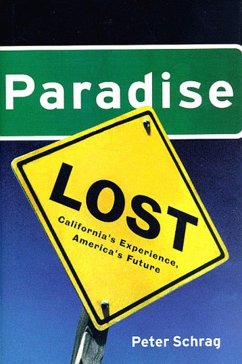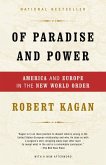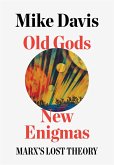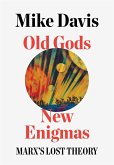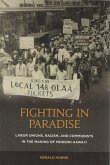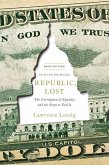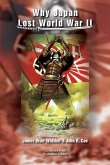In the years after World War II, California, always regarded as an experiment for the American future, became an encouraging model for the nation. It was admired and envied for the quality of its education system, its environment, and its progressive social outlook. However, beginning with the passage of the tax-cutting Proposition 13 in 1978, and continuing through a barrage of voter initiatives, the state has pursued a determined course of retrenchment and reaction, sending it tumbling to the bottom of the nation's "quality of life" rankings. In Paradise Lost, Peter Schrag examines the relationship between the politics of that retrenchment and the great demographic changes of recent decades. His book makes a powerful case for reinvigorating our traditional structures of representative government against the increasing power of a "populism" that is often disdainful of minority rights and interests. It shows that California is still a test for the nation, and a frightening indicator of our society's readiness to assimilate and serve its new citizens.
Hinweis: Dieser Artikel kann nur an eine deutsche Lieferadresse ausgeliefert werden.
Hinweis: Dieser Artikel kann nur an eine deutsche Lieferadresse ausgeliefert werden.

